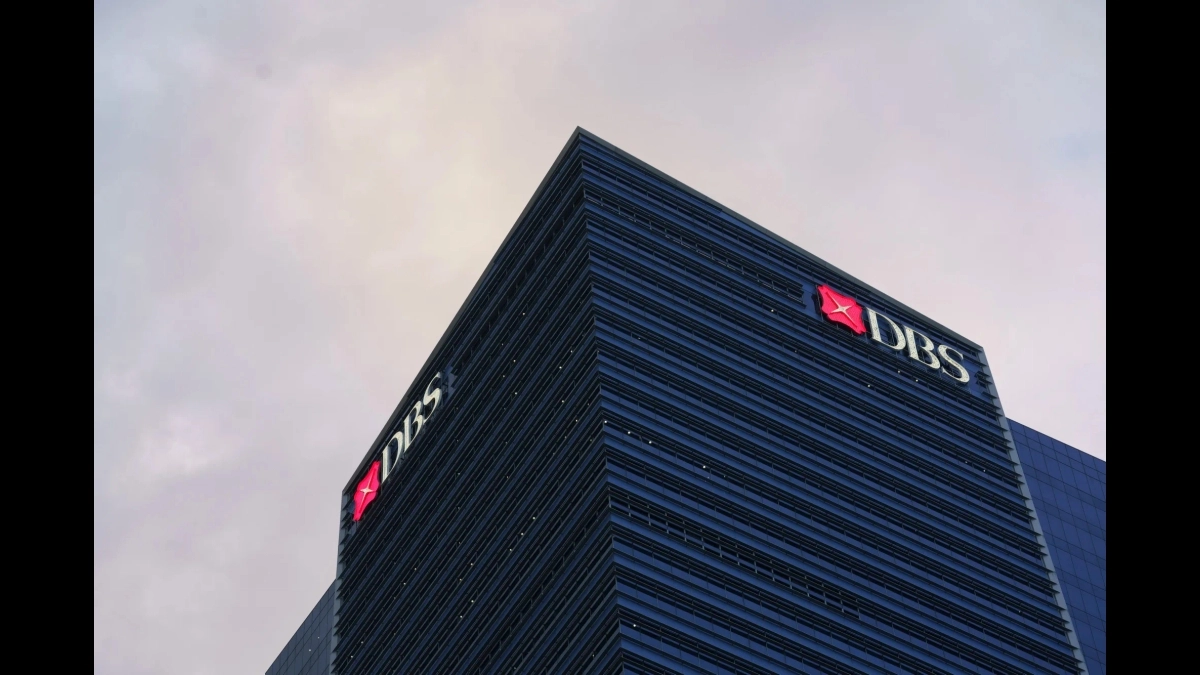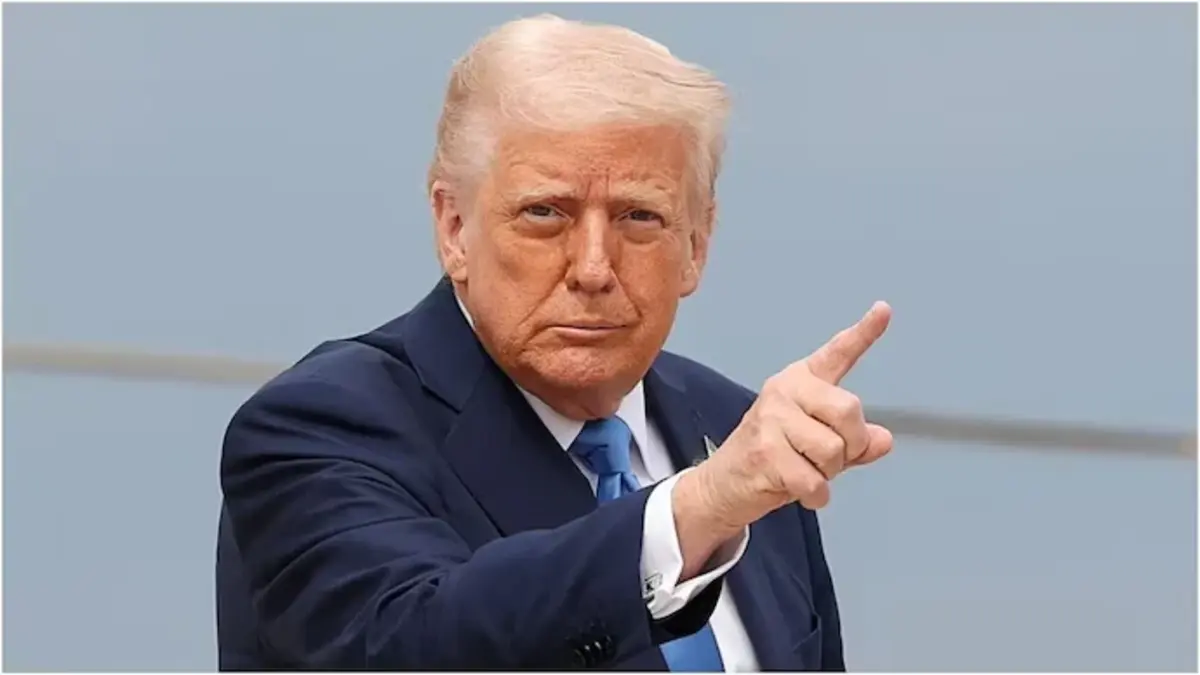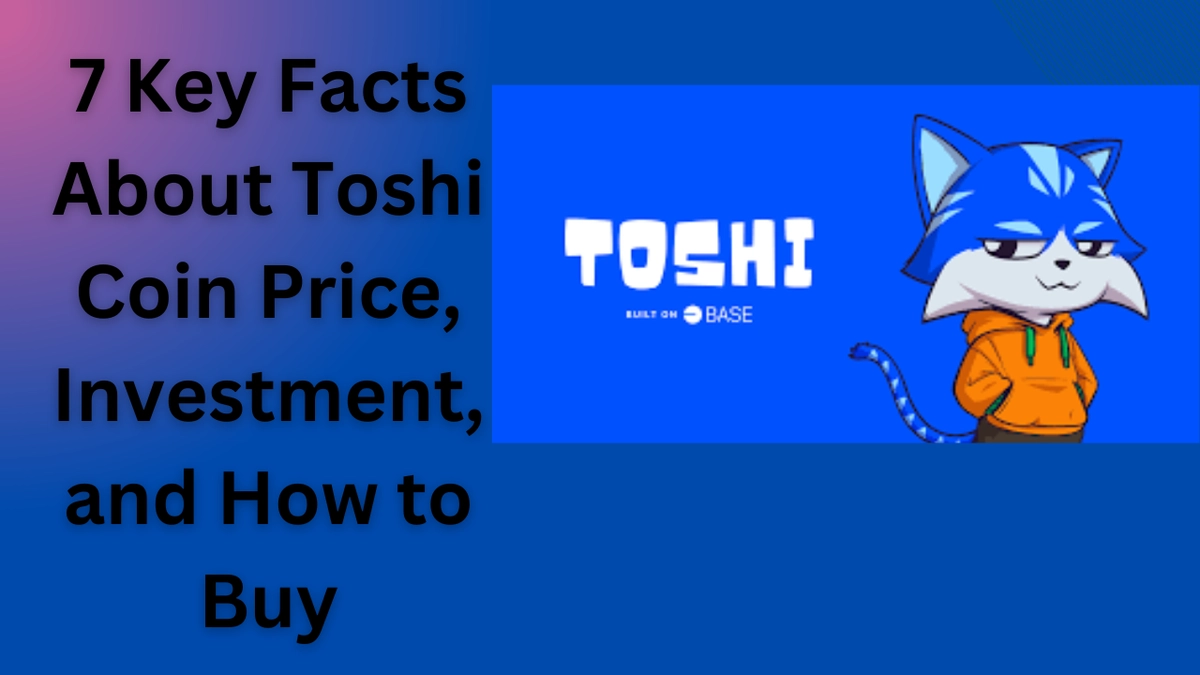In one of the most shocking financial scandals in Singapore’s history, the story of oil tycoon Lim Oon Kuin, also known as O.K. Lim, and the fall of his once-powerful Hin Leong Trading empire continues to resonate. The saga raises questions about accountability, transparency, and the risks within the global oil trading industry. So, what led to the collapse of Singapore’s oil mogul and his empire? Let’s delve deeper.
The Rise and Collapse of Singapore’s Oil Mogul and His Empire?
Founded in 1963 by Lim Oon Kuin, Hin Leong Trading began as a small oil trading company. Over the decades, it grew into one of Singapore’s largest independent oil traders, playing a vital role in establishing Singapore as a global oil trading hub. At its peak, the company had a turnover of over $20 billion, with O.K. Lim regarded as a trailblazer in the industry.

The company’s success was largely built on trust and relationships with major banks and trading partners. However, beneath its polished exterior, significant risks and financial mismanagement were lurking—risks that would eventually unravel the empire.
What Led to the Collapse of Singapore’s Oil Mogul and His Empire?
The collapse of Hin Leong Trading began in early 2020, as the COVID-19 pandemic wreaked havoc on global oil demand. Plummeting oil prices exposed financial irregularities that had been concealed for years. Investigations revealed that Hin Leong had hidden losses of over $800 million from its trading activities, overstated profits by more than $2 billion, and used fabricated documents to secure loans from banks.
These revelations brought to light severe mismanagement, fraud, and breaches of fiduciary duty by Lim and his family. Despite the company’s insolvency, Lim and his children reportedly paid themselves $90 million in dividends. The financial fallout left over $3.5 billion in unpaid debts to creditors, sparking lawsuits and widespread distrust in Singapore’s trading sector.
Legal and Financial Consequences
In December 2024, Lim Oon Kuin and his children, Lim Huey Ching and Lim Chee Meng, were declared bankrupt following a legal agreement requiring them to repay $3.5 billion to creditors, including HSBC. The bankruptcy was one of the largest financial collapses in Singapore’s history, underscoring the question: what led to the collapse of Singapore’s oil mogul and his empire?
Lim also faced criminal charges for forgery and fraud. In November 2024, he was sentenced to 17 years and six months in prison for deceiving HSBC into disbursing $111.7 million based on fake oil contracts. This marked the end of Lim’s reign as one of Singapore’s most prominent businessmen and sent a strong message about the consequences of financial misconduct.
Impact on Singapore’s Oil Trading Sector
The downfall of Hin Leong Trading had significant ripple effects across Singapore’s oil trading industry. It exposed weaknesses in oversight and the heavy reliance on trust-based relationships in commodity trading. The scandal prompted banks and creditors to tighten lending standards and implement stricter due diligence processes.
Singapore’s authorities responded by enhancing regulatory frameworks to ensure greater transparency and accountability in the trading sector. Initiatives such as digitizing trade documentation and adopting blockchain technology for secure record-keeping are aimed at preventing future incidents of fraud and mismanagement.
READ MORE NEWS
Overnight Funding Rates Rise Despite Fed Efforts to Curb Volatility
United States Dollar Edges Higher on Expectations of Growth Boost from Incoming Trump Administration
Alibaba and E-Mart Forge Strategic Alliance to Dominate South Korea’s E-Commerce Landscape
Wall Street Rallies Ahead of Christmas: A Rejuvenating Surge Despite Ongoing Inflation Concerns
China’s Anti-Dumping Investigation into EU Brandy Extended Amid Rising Tensions
Nippon Steel’s US Steel Takeover Plan Has Strong Support in U.S. Steelmaking Areas, Executive Says
From Academia to OnlyFans: Zara Dar’s Unconventional Career Shift
Lessons from the Collapse
The collapse of Hin Leong Trading and O.K. Lim’s empire serves as a cautionary tale for businesses and regulators alike. It highlights the dangers of excessive risk-taking, lack of oversight, and the erosion of ethical standards in pursuit of growth. For Singapore, the incident has reinforced the importance of maintaining a robust and transparent trading environment to preserve its reputation as a global financial hub.
Moreover, for the global oil trading community, the question of what led to the collapse of Singapore’s oil mogul and his empire is a reminder of the need for rigorous governance and accountability. Companies must prioritize sustainability and transparency over short-term gains to avoid similar pitfalls.
Conclusion
The downfall of O.K. Lim and Hin Leong Trading is a stark reminder of how mismanagement and unethical practices can destroy even the most powerful empires. As the dust settles, Singapore continues to rebuild trust in its oil trading industry, ensuring that lessons are learned from this high-profile collapse. What led to the collapse of Singapore’s oil mogul and his empire? The answer lies in a combination of poor governance, financial misconduct, and a failure to adapt to changing market conditions—lessons that resonate far beyond Singapore’s borders.








